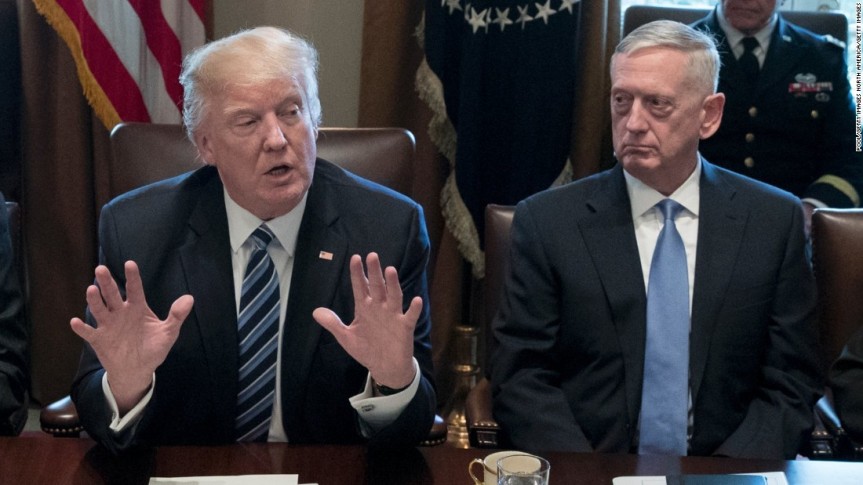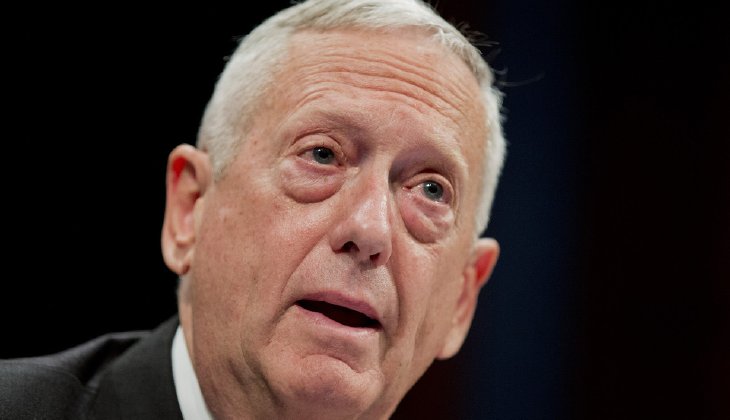
W.J. Astore
Is the coronavirus emasculating? It’s a serious question. Judging by photos, most of the people protesting shutdown and social isolation orders are men, with a few sporting totems of manhood like assault rifles. Many men (and women too, obviously) have lost their jobs, with some “reduced” to new roles as Mr. Moms. Are we already seeing a hypermasculine reaction to Covid-19, an emphasis on toughness and grit, a live and let die mentality, or perhaps live free and die? If so, it will only imperil public health and safety further, while possibly aiding Donald Trump in his reelection efforts.
There’s an article circulating that persuasively argues the countries that have best handled the coronavirus crisis are led by women, like New Zealand’s Jacinda Ardern and Germany’s Angela Merkel. Is it because women are better listeners, a bit more willing to submit to expert advice, and more patient? Or is it that women just have to be better than your average bloke to get ahead in this man’s world?
Certainly, it’s illustrative of something that Donald Trump claims he’s a “wartime” leader in a “war” against the virus. Trump almost desperately wants to pose as a wartime leader, much like Winston Churchill, facing down a foe with fierce and manly determination. But a contagious virus isn’t exactly the Nazis, and a “never mind the odds” mentality of risk-taking is almost guaranteed to lead to further contagion and death.
If nurses, grocery clerks, and the like are America’s new heroes, does that lead more than a few wannabe men of action to question where they stand in the heroes olympiad?
What put me on this line of thought is an advertising campaign for a jacket marketed by a company headed by a combat veteran that features retired Marine Corps General and former Secretary of Defense James Mattis as a model. The boilerplate for the company says their jacket is designed “for men who refuse to hide what they truly are. It’s mean, streamlined and fast.” And expensive too at roughly $1330, but it does come with its own tracking device. Eat your heart out, James Bond.
Hey, it’s just marketing, but even marketing tells us something about society. Conservatives talk about the feminization of society, often deploring the rise of metrosexuals and mixed gender roles. “Take charge” men are seemingly the antidote. Trump is aware of this phenomenon. Indeed, as a friend of mine noted, Trump most resembles the stereotype of loudmouthed fathers of the 1950s and 1960s, the ones who insisted on being obeyed no matter what. The “do as I say, not as I do” dads, the ones who got their way by bluster and bullying. (No Ward Cleavers need apply.)
Wartime toughness, “mean — streamlined — fast,” may be just the thing in combat. But it isn’t what the doctor ordered in the struggle against Covid-19. The virus, after all, can’t be shot, or punched, or bullied into submission. It’s oblivious to bluster; indeed, you might say it feeds on it. What works instead is a community spirit of containment through cooperation. A quieter form of heroism. Nothing masculine or feminine about this.
A sensible and patient approach, grounded in sound science and proven medicine, is what’s working. No hard men in combat-inspired leather jackets are required.








